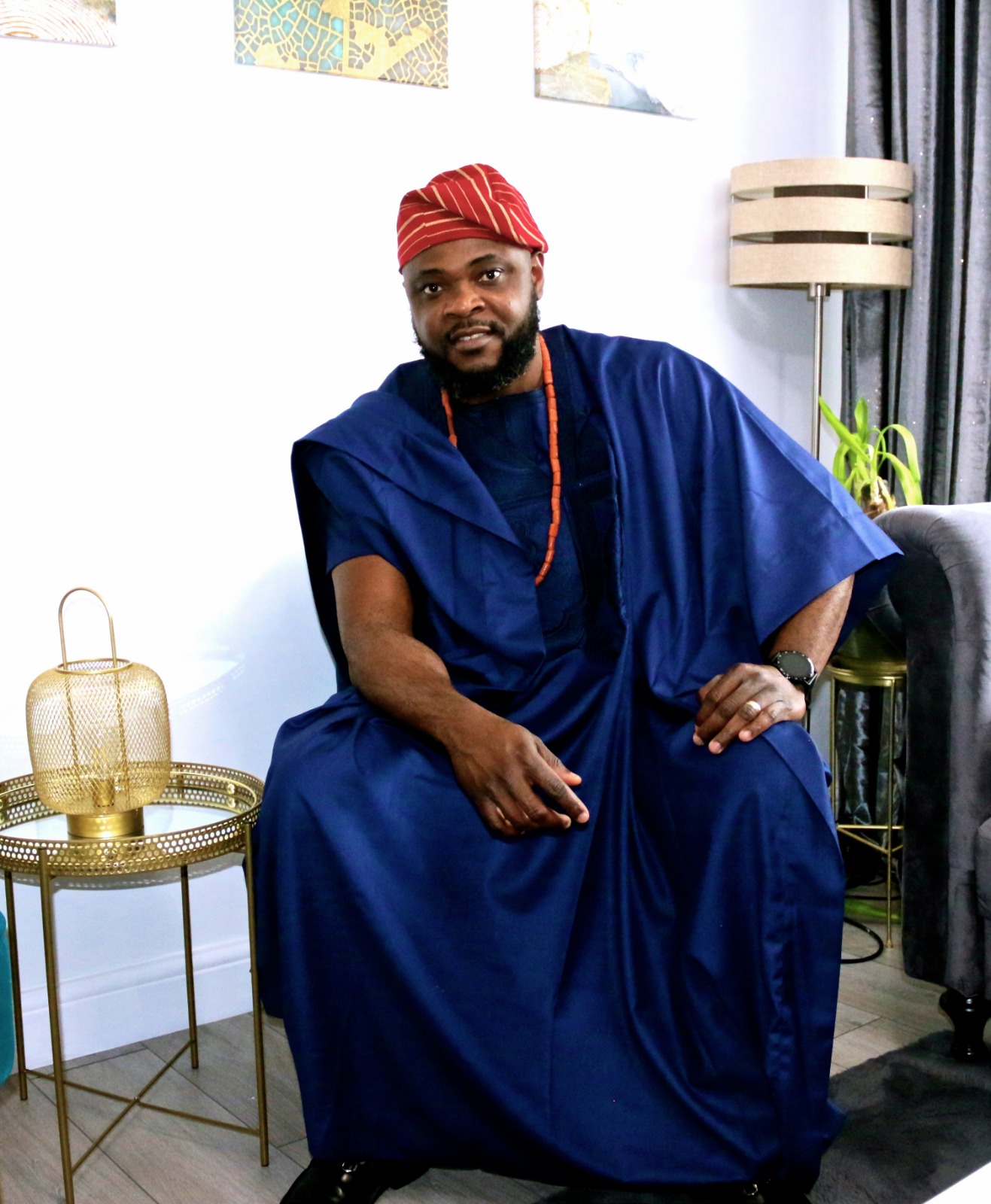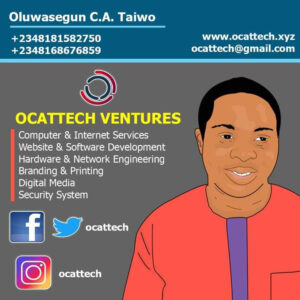
How Nigerian Politicians Exploit Ethnic, Regional, and Religious Divides to Distract the Nation
By Adelowo Adeoye.
Nigeria’s greatest strength lies in its diversity across ethnicity, religion, and region. Yet, time and again, our politicians weaponise this diversity not to build the nation but to divide and distract the people. Instead of focusing on issues that matter—such as poverty, insecurity, corruption, and unemployment – leaders draw battle lines around tribe, region, and faith, turning citizens against one another while shielding themselves from scrutiny.
A key strategy is the exploitation of the North-South divide. During elections or national crises, conversations are steered away from competence and accountability and towards where a candidate comes from. Suddenly, national issues become regional battles, as though electing someone from the North or South will magically solve long-standing structural problems.
But history tells a different story. Nigeria has had presidents and leaders from both the North and South, Christians, and Muslims alike. Yet, these identities have never translated into better living conditions for the regions or groups they supposedly represent. The North remains plagued by insecurity and poverty, despite decades of Northern leadership. Likewise, the South continues to struggle with youth unemployment, poor infrastructure, and economic stagnation, regardless of how many Southerners have occupied top political positions.
This proves what many already suspect: the average Nigerian, whether Northern or Southern, Christian, or Muslim, gains nothing from the success of their ethnic or religious ‘kinsman’ in power. The real beneficiaries are the political elite, who use these divisions to climb into office and then forget the very people they claimed to represent.
Religion is also cynically used to manipulate the masses. Policy debates are routinely reframed in spiritual terms to ignite fear or loyalty, not because leaders care about faith, but because it conveniently distracts the public from pressing issues.
The result is a nation stuck in a cycle of emotional politics, where identity trumps integrity, and division masks dysfunction.
It is time for Nigerians to rise above these distractions. We must begin to demand competence over sentiment, unity over division, and results over rhetoric. The question we should be asking is not “Where is he from?” But “What has he done or failed to do for the people?
Only when we reject the politics of identity and insist on the politics of performance can Nigeria begin to move forward.






















